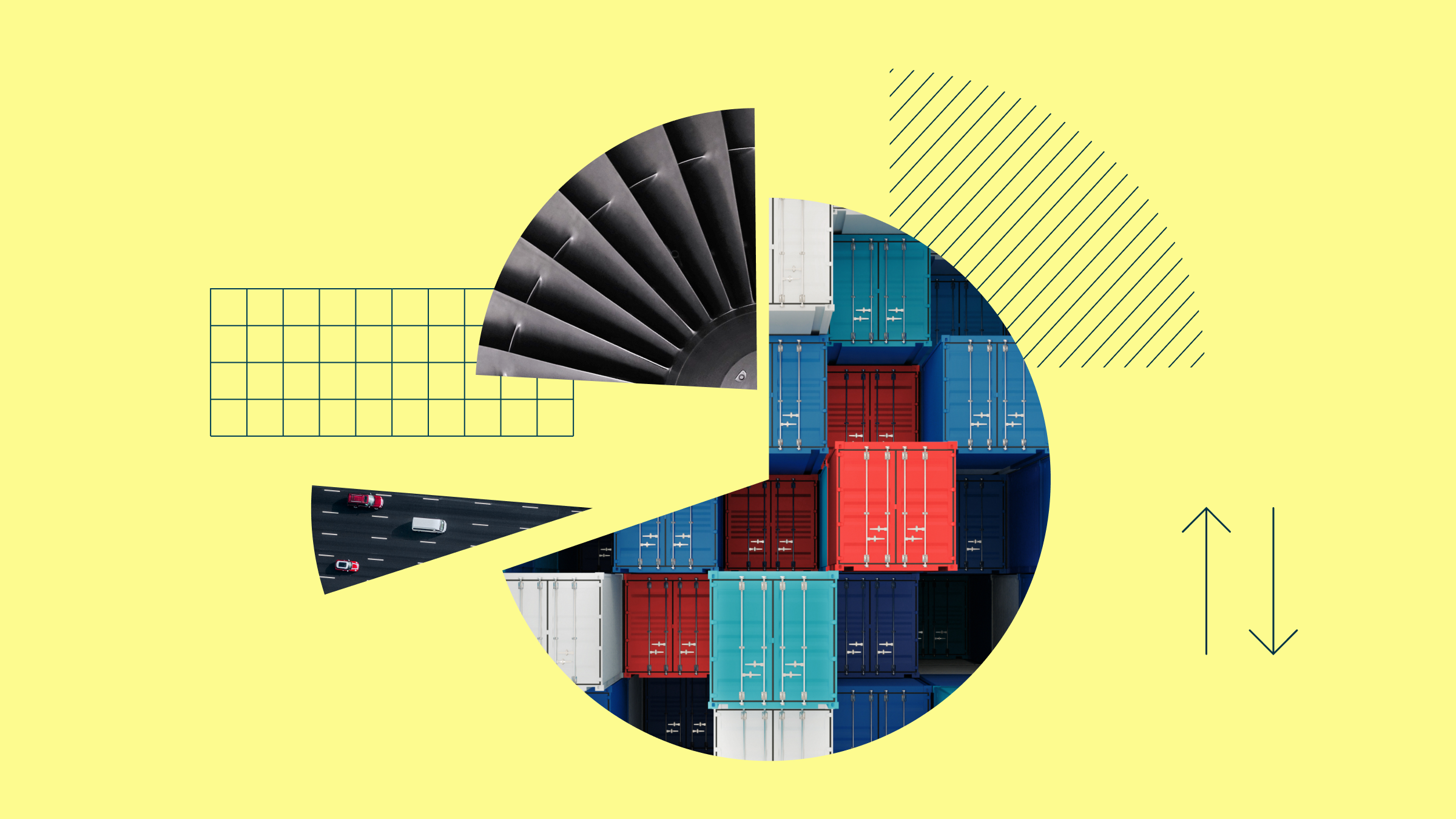Editor's note: Coverage of Morningstar's Executive Forum in Vancouver on the implications of phase two of the Client Relationship Model -- known as CRM2 -- concludes today with a discussion of how investors will respond to greater disclosure and transparency of fees.
Our executive panellists: Sandy Martin, senior vice-president and chief compliance officer with the full-service investment dealer Raymond James Ltd.; Tom Bradley, president of Steadyhand Investment Management Ltd., a direct-sales fund company; and Warren Funt, who manages operations in Western Canada for the Investment Industry Regulatory Organization of Canada (IIROC). Held on Oct. 29, the panel was moderated by Morningstar editor Rudy Luukko.
Luukko: There's one school of thought that if you make fees much more transparent, people will get sticker shock and decide they're going to leave their advisor and go do it all themselves or get a robo-advisor. Another school of thought is that since fees are going to be out in the open, an advisor can just deal with other issues of the relationship including the value that they're providing. Are there going to be ramifications in terms of client desertion or anything along that line as a consequence of CRM2?
Martin: What I really see happening is that we're going to see migration of advisors from fee-based and transactional accounts. What that means is they will end up in portfolio managed accounts. Clients will know what the fees are upfront. What we're likely to see is a lot of smaller clients not being in a position to be able to afford or be able to have the capital to invest in portfolio managed accounts.
Bradley: I think we all in this room hope there's going to be one million to two million Canadians who are free agents to come out of this, and we can all compete for them. Maybe I'm being optimistic, but I think this is going to allow clients to move to where they should be. There are lots of full-service brokerage clients that shouldn't be full-service brokerage clients. They're not getting much service. They don't have the needs that would demand the attention of a broker and so they should be with a discount broker, they should be with a robo-advisor, they should be at a bank branch or they should be at Steadyhand or Leith Wheeler or somewhere like that. It's an inevitable consequence of (CRM2) that we're going to get some movement.
Funt: I wouldn't call it an unintended or an intended consequence. Clients will move to where they want to move to because they understand the price they are paying.
Luukko: Is disclosure enough?
Bradley: I think we should go all the way and get rid of trailer fees. I do feel very strongly that CRM2 will certainly raise the awareness that there are trailers out there. But I think if we really want to change and finish this shift that we're going through -- a seismic shift -- I'd love to see them go. I don't want the marketing department at a fund company deciding how the payment or the compensation is going to be between the client and the advisor. I would much rather see that decided between the client and the advisor.
Martin: CRM2 will determine whether clients receive any value from disclosure. I can tell you, time and again we run into clients that don't even open statements. They want to go to (advisors) with their statements because then they don't have to look at them. I do kind of wonder whether or not this particular effort (CRM2) will actually have any impact on a good percentage of the clients that are investing. They don't have a lot of time to look at the stuff and there is a lot of disclosure.
Bradley: I agree with Sandy, but if there is any place we are going to get through to clients and get them to look at something it's on their statement. When I talk about closing the feedback loop, that's why I think it's so important that cost and performance are there. But I agree a lot of people aren't going to see that or read it or understand it.
Funt: We are giving them the choice. If you give them that information, particularly when it comes to price information as to what they are paying for a service, they need to open it. If they care enough to open it, that's great.
Bradley: I think we should all care. I would think that the regulators, in coming up with policy and things that we all have to follow in this room, would be doing things that are more inclined to work than not work.
Funt: The point is, it's the investors' choice. So, if I choose not to open my Visa statement, it's the same kind of thing. I should and I do. So should the (investment) client, but we can't make them open the statement.
Click here for Part 1 of our coverage of the CRM2 Executive Forum.



















